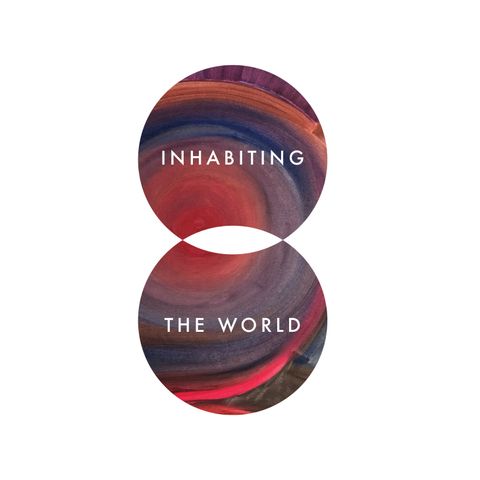
Contacts
Info
“Inhabiting the world” is a podcast that takes you on a meditation through rolling hills of questioning, reflecting and delving in the universality of our human condition. It is not...
show moreIt is not a series of interviews, but an invitation to introspect, followed by a guided meditation that leads the listeners to a state of relaxation and well being; half an hour in Rosenda’s company to unwind the body and awaken the mind.

“Inhabiting the world” is a podcast that takes you on a meditation through rolling hills of questioning, reflecting and delving in the universality of our human condition. It is not...
show moreIt is not a series of interviews, but an invitation to introspect, followed by a guided meditation that leads the listeners to a state of relaxation and well being; half an hour in Rosenda’s company to unwind the body and awaken the mind.
Information
| Author | Rosenda Meer |
| Organization | Rosenda Meer |
| Categories | Self-Improvement |
| Website | - |
| rosenda@anaschoolofcreativity.org |
Copyright 2024 - Spreaker Inc. an iHeartMedia Company
